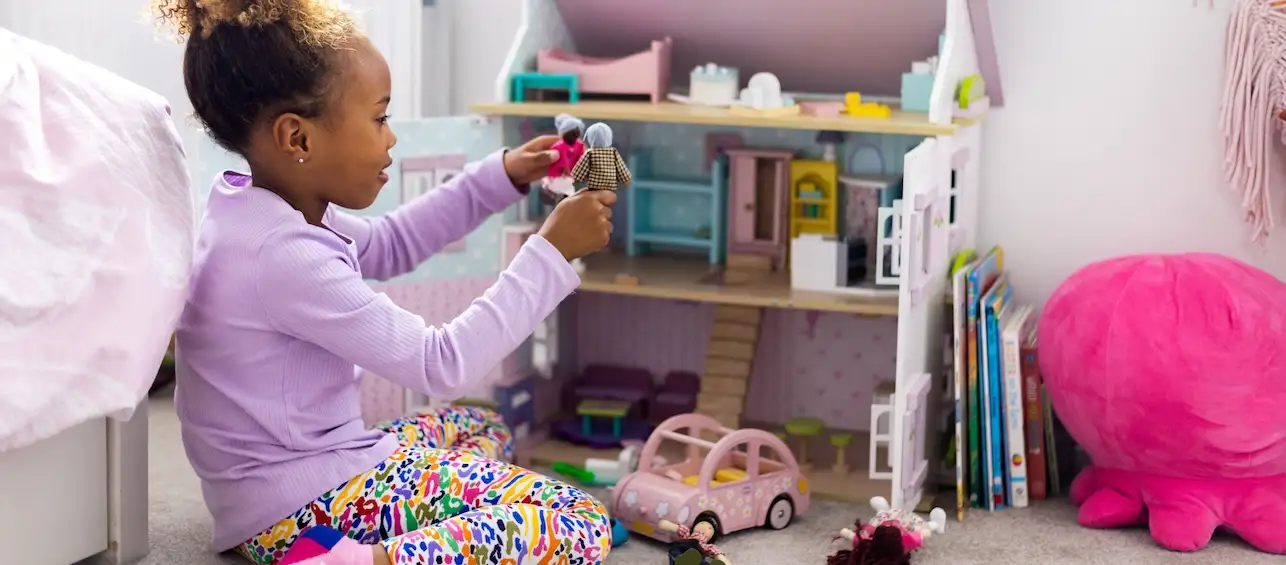If you’re a parent of a teenager who has strong, reactive emotions, you’re not alone. In fact, swift changes in mood, sometimes referred to as mood swings, are more common in adolescence than depression or other mental health disorders.
WHY TEENS ARE MOODY
The cause of their moodiness is probably a mixture of a few different factors. Changes in hormones is one that we’re all aware of. It’s also a time of pretty dramatic social transition — a 10-year-old and a 16-year-old have vastly different social experiences and demands. They may start dating, have more responsibilities at home, and their teachers will likely give them less support and guidance. It’s a lot.
In addition, their brains are going through a transformation as well. One way to think about it is that the part of their brain that deals with emotions gets a lot of updates before the part of their brain that helps them control emotions. So there’s this period when their emotions have gotten stronger, but their regulatory system hasn’t come online yet.
And for kids with conditions like ADHD or autism, who already have difficulty with reactive and impulsive emotions, transitioning to adolescence can be particularly difficult for them. Their regulatory system may take even longer to develop.
HOW PARENTS CAN HELP
As a part of my role as a child psychologist in the Teen Health Center, I help adolescents and young adults understand and manage their emotions. These are skills that can be taught, and I find it rewarding to help families through this process. Here are a few ways parents can encourage their teens to manage their reactive emotions at home:
1. Validate their feelings
Teens may not fully understand what’s going on in their bodies, and it can be helpful for them to feel like their parents understand them. Remind them that it’s okay to feel how they feel, but their reaction (or over reaction) is happening because of the changes going on in their brains and bodies. It helps take the sting out of it.
2. Help them reflect
Because your teen’s regulatory system is the last to develop, they’re not great at noticing what triggered their emotions. Parents can help them reflect on that. “Why did you get so upset? Let’s go through your day.” Maybe they realize that they got in a fight with one of their friends at school and now they’re taking it out on their little brother.
3. Teach them coping strategies
Parents can play an important role in teaching coping strategies. Ask them what they can do about it next time, then help them find things that calm them down. They should be distracting and positive. Is it listening to music? Going for a run? Writing down their feelings? Taking deep breaths?
4. Encourage a healthy lifestyle
Encouraging a healthy lifestyle can help teens manage their emotions better. That said, they could have perfect sleep hygiene, diet and exercise and still have reactive emotions in adolescence. In other words, when they’re healthy it makes stress and emotions easier to deal with.
5. Be a good role model
Our teens are going to say things that upset us. It is okay for them to know that we are human and have feelings, too. We can say things like, “Your words stung and I’m going to go do something to calm myself down before I can help you calm down.” This informs them how their words impact other people, but then it also models how to handle it. Then you can come back and say, “Hey, that fight was a bad one. How can we speak to each other differently in the future?”
WHEN TO SEEK PROFESSIONAL HELP
All teens have mood swings, and parents often ask me how to differentiate between the “normal” reactive emotions and the ones that need professional help. I like to consider two things: signs of impairment and frequency. Is their moodiness keeping them from doing their best at school, sports and hanging out with friends? Or did the coach bench them from the next game and their friends don’t want to hang out? Is there a fairly even mix of both good days and bad days? Or is the irritability outweighing the happiness in their lives? When their moods start to impact their daily functioning and it is happening more often than not, it is time to speak to a mental health professional.
If your teen is in this position, talking with your pediatrician is a good place to start. He or she knows your family the best and can assist thinking through next steps and how to get help. Many schools have partnerships with mental health agencies and some even have therapists on site.
For more information about Behavioral Medicine and Clinical Psychology or to schedule an appointment, please call 513-636-4336.






